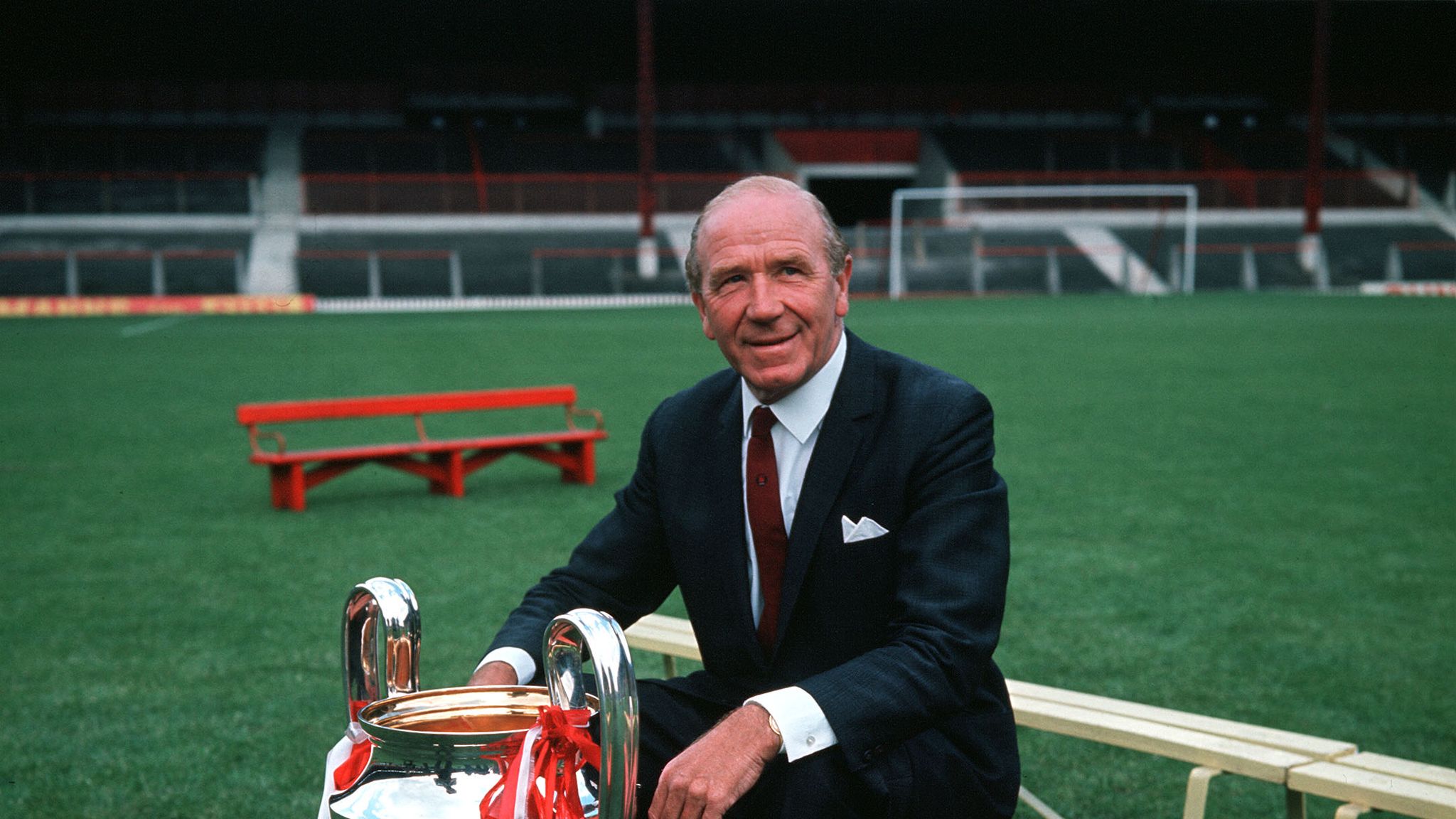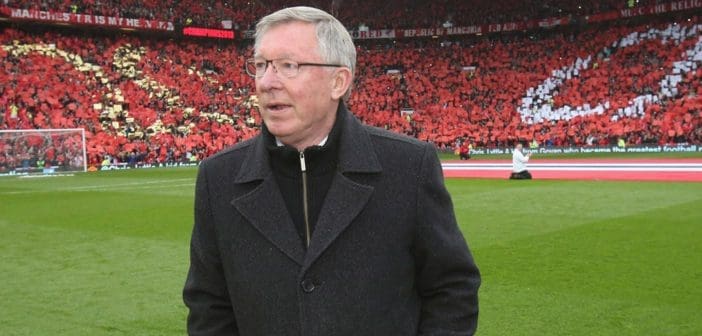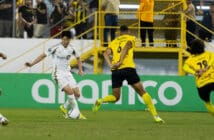In recent weeks, Arsenal have appointed their second permanent manager in the form of Mikel Arteta within 18 months following the departure of legendary figure Arsene Wenger in 2017.
The departure of Wenger’s successor, Unai Emery, was a sad one for fans as they had hoped he was the man to guide the club forward into a new era. But there are feelings that Arsenal’s recent downfall might be a lot worse than at first expected?
In this feature, we’ll be taking a look to see how a few English sides have coped following the departure of their long-running, successful manager and if how long it took for them to face relegation if things ever got that bad?
1 – Don Revie: Leeds United

Photo: Four Four Two
Don Revie was manager of Leeds United from March 1961 to July 1974. Aside from current manager, Marcelino Bielsa, Revie has the highest winning percentage rate of any Leeds boss and he was their most successful manager where we won two League Championships, two Inter-Cities Fairs Cups, one Division Two Championship, one FA Cup, one League Cup and one Charity Shield.
Revie is also Leeds’ longest ever serving manager, overseeing 740 games. 394 of those were victories and 197 were draws. Revie left Leeds to take on the England job where he lasted in the role until 1977. It was his last job in England before going to manage in the the Middle East for the United Arab Emirates, Al-Nasr and Al-Ahly.
Revie’s successor was a Mr Brian Clough who had a renowned dislike for his predecessor and the football he inspired them to play. Clough lasted all of 44 days in the role as he faced the sack. You could say the rest is history for Clough, he went on to have a glittering career guiding Nottingham Forest to success in Europe.
Whilst for Leeds, they had a successful period under Clough’s successor Jimmy Armfield, who oversaw the ageing Leeds squad reach the 1974-75 European Cup final. However, that season saw Leeds finish ninth in Division 1.
Leeds would only go and finish twice in the top five of Division 1 before succumbing to relegation to Division 2 in 1982. After Armfield’s departure, none of the next three managers reached 40% win percentages.
Whilst Leeds were stuck in Division 2 from 1982 to 1990, former players in the form of Eddie Gray and most notably Billy Bremner came along to manage the much changed club. It took former-Everton manager Howard Wilkinson to be the man who took Leeds back to the top flight after he took charge in 1988 and lasted in the role until 1996.
During Wilkinson’s reign at Elland Road, he ensured Leeds stayed up and had two European campaigns to handle. However, like with Revie, Wilkinson’s successors were unable to replicate a similar standard and despite European delights taking place in the late 1990’s and early 2000’s, Leeds were relegated to the Championship in 2004 and then relegated to League 1 in 2007 before returning to the second tier in 2010 where they’ve been since.
Leeds like to think of themselves as a club with a lot of history and its true. They remain known as one of England’s most famous clubs both for their football and their fans. But it remains to be seen if current manager Marcelino Bielsa is the next Revie or Wilkinson who offers them something to proud of once more as they are set on returning back to the Premier League after over 15 years away.
2 – Matt Busby: Manchester United

Photo: Sky Sports
The late Sir Matt Busby left Manchester United in 1969 after 24 years in charge. He left having seen United lift their first European Cup a year earlier in 1968 and also having won five First Division titles, two FA Cups and five Charity Shields.
Busby’s replacement was former-United player Wilf McGuinness who had retired after sustaining an injury from the 1958 Munich Air Disaster of which Busby had also been involved in. McGuinness had been with United since retiring and had been appointed as Reserve Team manager in 1964 before moving to First Team Manager in 1969.
McGuinness’ time as Busby’s successor wasn’t as brilliant as hoped by United with him being sacked in December 1970 with only a win percentage of 36% unlike that of Busby who maintained over 50%. Busby came back to oversee the rest of the 1970-71 season where United finished 8th for the second consecutive season on the trot. They would finish in that spot again in the following season whilst under Tommy Docherty.
![Prost International [PINT]](https://prostinternational.com/wp-content/uploads/2021/08/PINTtFontLogoRoboto1536x78.jpg)



